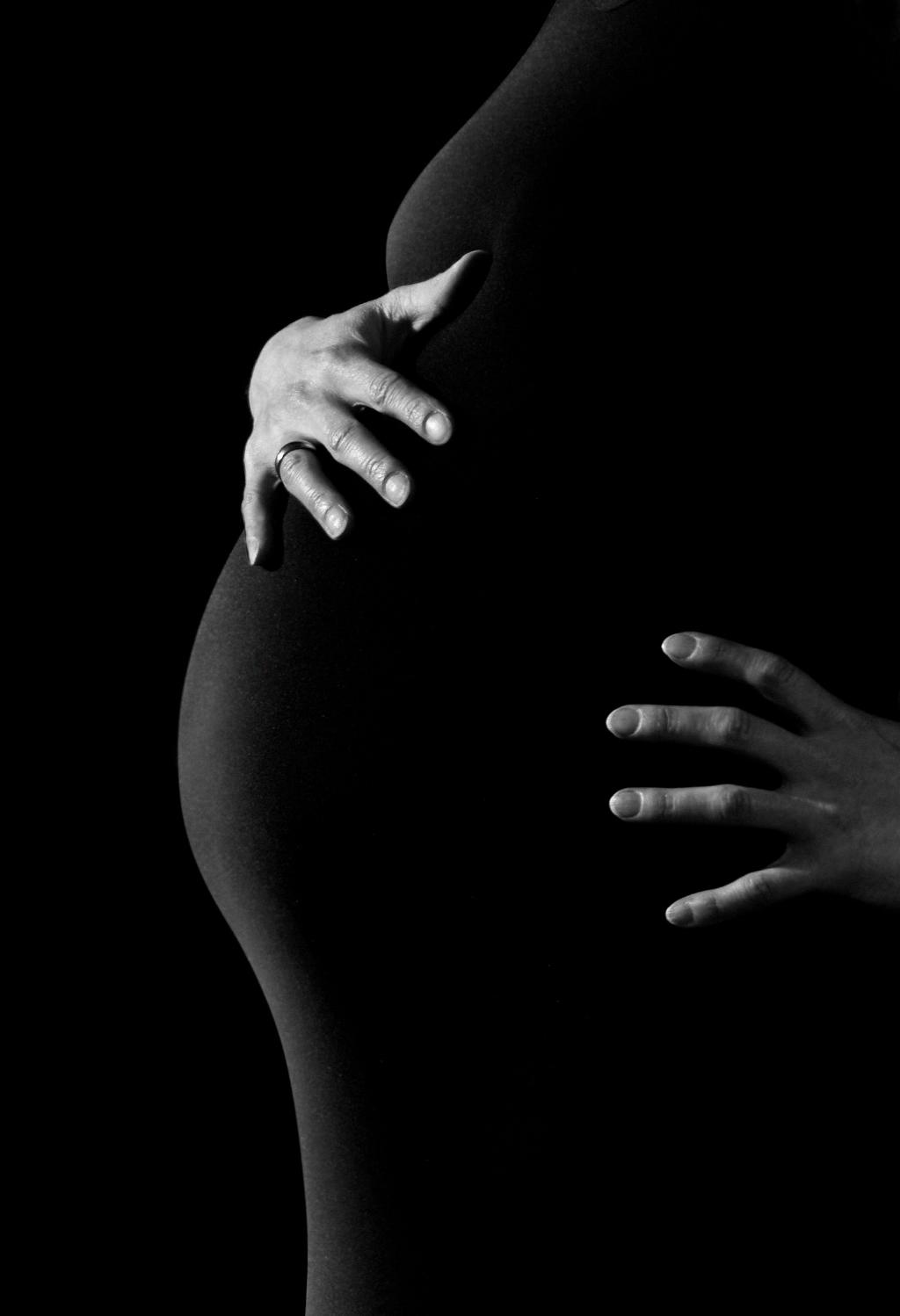There is no one-size-fits-all answer to the question of when to start maternity leave. It ultimately boils down to personal preferences, individual circumstances, and any medical advice you may have received from your healthcare provider. Some women choose to begin their leave a week to a month before their anticipated due date, while others opt to work until the last possible moment.
Consider Your Comfort and Well-being
If you are experiencing discomfort or finding it challenging to cope with the physical demands of your job during pregnancy, starting your maternity leave earlier may be a wise decision. This extra time off can provide you with the necessary rest and relaxation before the arrival of your little one.
Preparing for the Arrival
Starting your maternity leave a few weeks before your due date can give you the opportunity to finalize any last-minute preparations for the baby’s arrival. From setting up the nursery to packing your hospital bag, having this extra time can help alleviate any stress or anxiety you may be feeling.
Maximizing Time with Your Newborn
On the flip side, some women prefer to work up until their due date to maximize the amount of time they can spend with their newborn once they arrive. By saving as much leave as possible for after the birth, you can enjoy those precious early weeks and months with your baby without the added pressure of work commitments.
Financial Considerations
It’s also essential to factor in any financial considerations when deciding on the timing of your maternity leave. Be sure to check your company’s policies regarding paid leave, as well as any government benefits you may be entitled to during this time.
Listen to Your Body
Ultimately, the decision of when to start maternity leave should come down to what feels right for you. Listen to your body and your intuition, and don’t be afraid to communicate with your employer about your needs and preferences during this special time in your life.
Consult with Your Healthcare Provider
Before making any decisions about when to start your maternity leave, it’s essential to consult with your healthcare provider. They can provide you with personalized advice based on your health, the progression of your pregnancy, and any specific considerations you may need to take into account.
Consider Your Workload
When determining the timing of your maternity leave, consider the nature of your job and the demands it places on you. If you have a physically demanding job or one that requires long hours or stressful situations, starting your leave earlier may be beneficial for your well-being.
Plan for Unforeseen Circumstances
While it’s essential to have a plan in place for your maternity leave, be prepared for unforeseen circumstances that may arise. Babies don’t always arrive on schedule, so having some flexibility built into your leave plan can help you navigate any unexpected changes.
Enjoy Your Time Off
Regardless of when you decide to start your maternity leave, be sure to take this time to rest, relax, and prepare for the arrival of your little one. Enjoy these precious moments before parenthood officially begins, and savor the anticipation of meeting your baby for the first time.
Final Thoughts
In conclusion, the timing of your maternity leave is a highly personal decision that should take into account your comfort, well-being, financial considerations, and personal preferences. Whether you choose to start your leave early to rest and prepare or work until the last minute to maximize time with your newborn, trust your instincts and do what feels right for you and your growing family.

